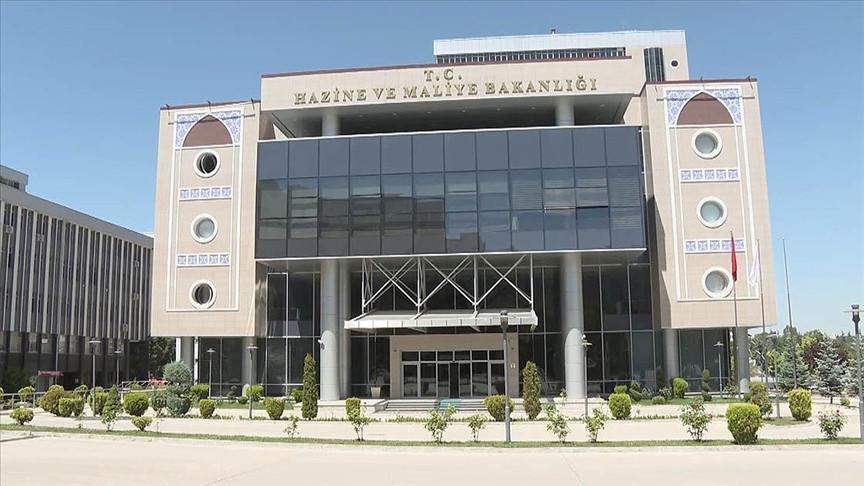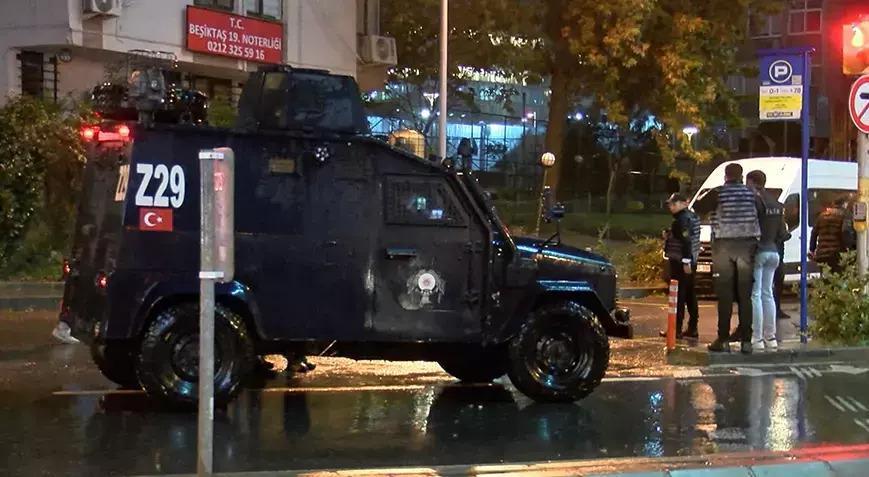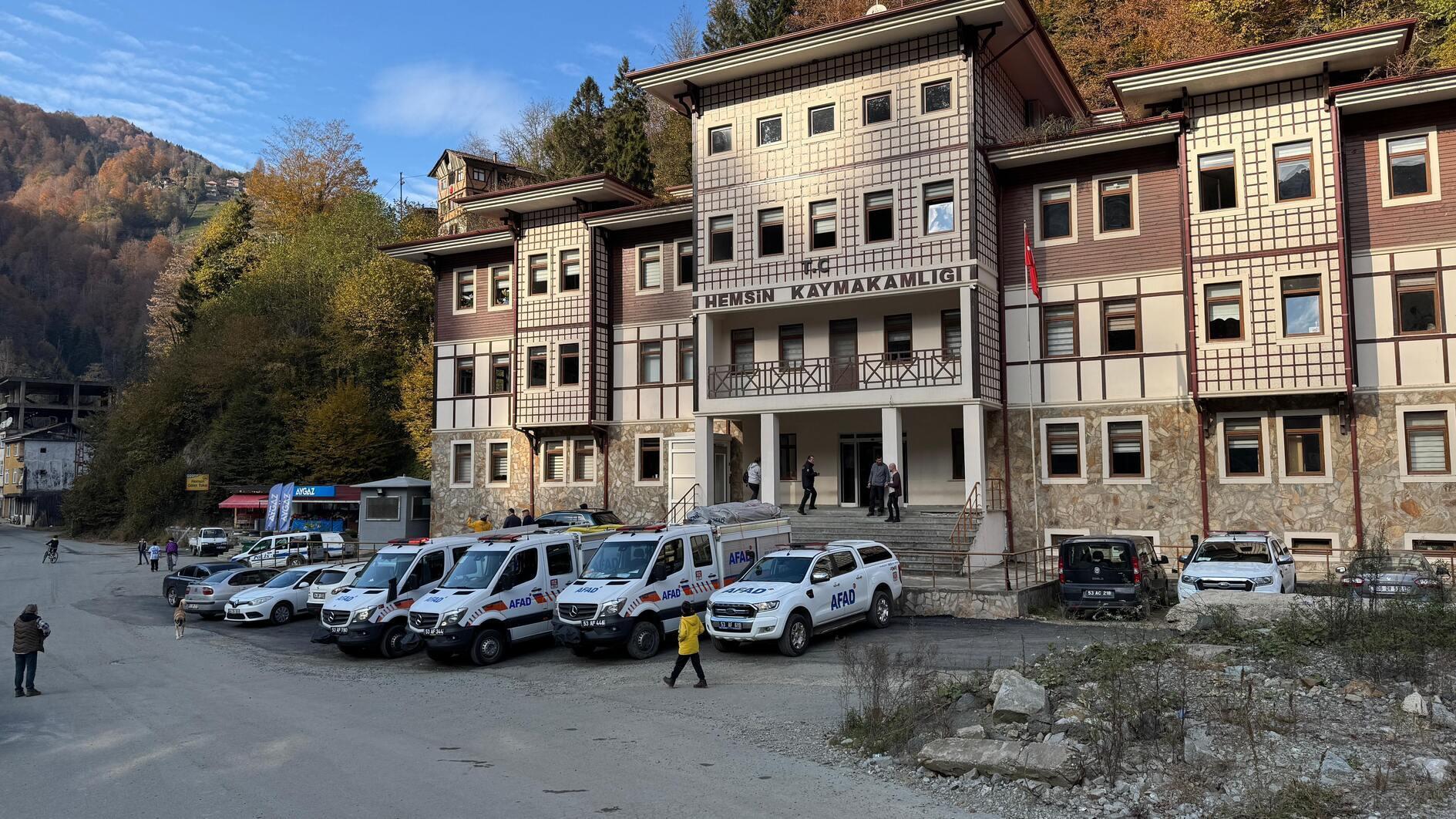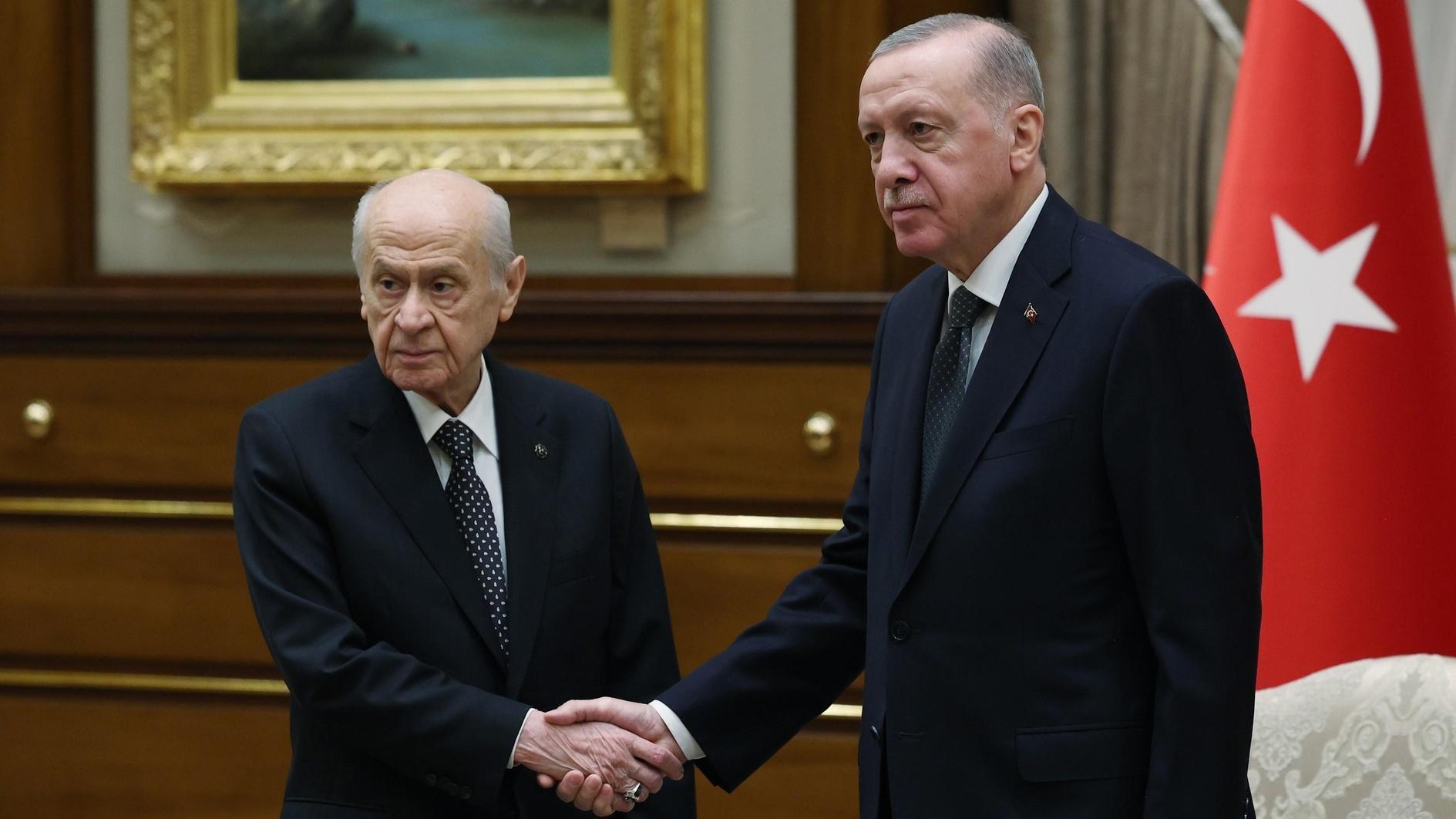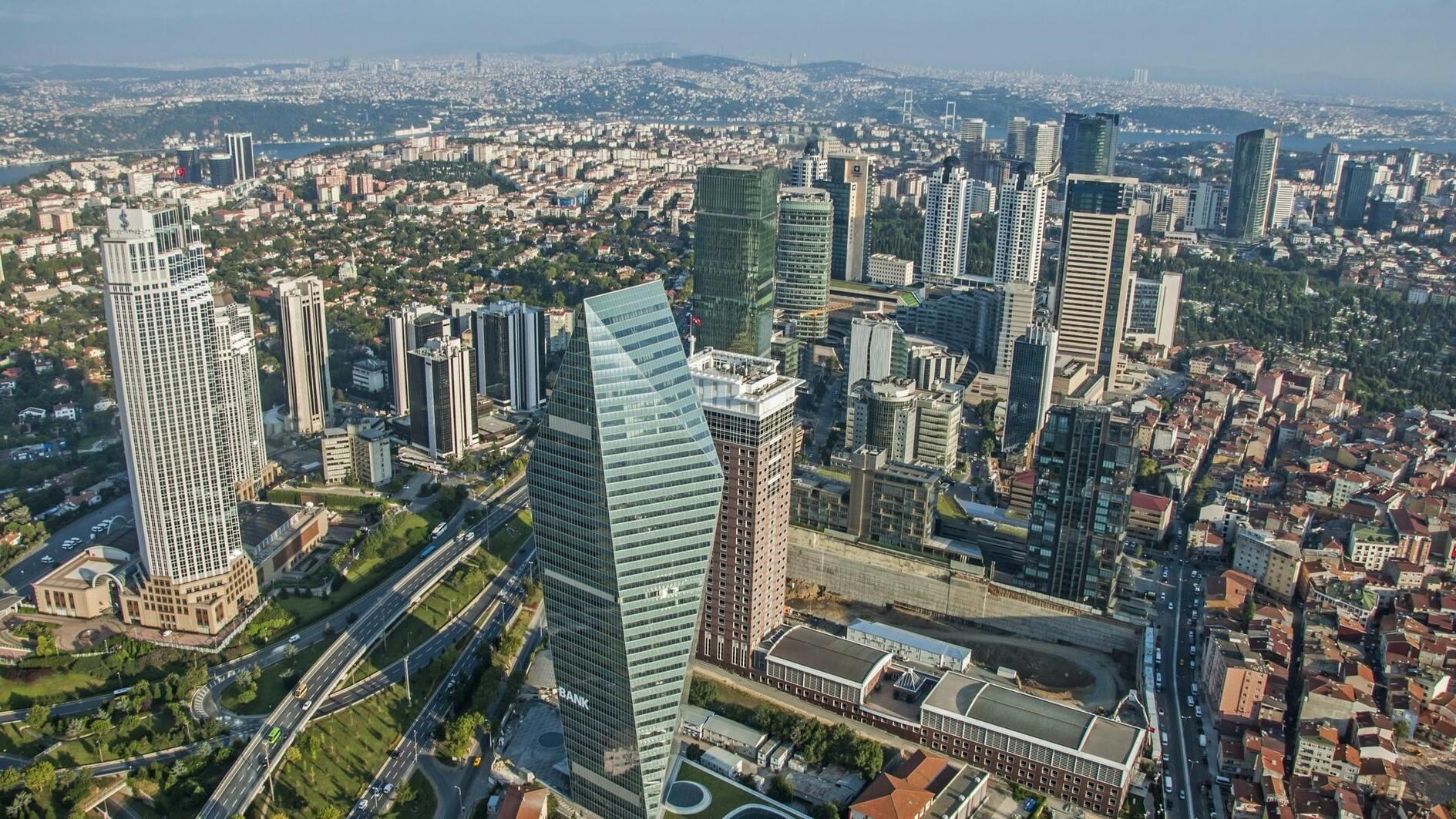A secret Turkish-US military deal on Syria and Kurds?
The Turkish Foreign Ministry said on June 6 that Foreign Minister Mevlüt Çavuşoğlu had not said Turkey had signed a secret deal with the U.S. government, as was reported by French newspaper Le Monde, over ongoing operations against the Islamic State of Iraq and the Levant (ISIL) in the Manbij region of Syria.
This was not a categorical denial of whether there actually was a secret agreement between the two countries; it was only saying that the minister had not said as such.
When asked to elaborate, ministry sources told Hürriyet Daily News that Çavuşoğlu had said during the interview that those were “military issues which he did not want to comment on,” but perhaps the paper had drawn its own conclusion about a secret agreement. Upon further elaboration the sources said they did not have knowledge of such a military-to-military agreement. Ankara earlier said they had no complaints so far regarding the promises the Americans had given about the Manbij operation against ISIL.
“Everything is actually clear,” a Turkish diplomat who asked not to be named said. “We do not want the YPG [People’s Defense Units] militants to take an active part in operations on the west bank of the Euphrates - other than logistic or other auxiliary ones - and we do not want them to take towns when ISIL is pushed out of them.”
Çavuşoğlu earlier said the Americans had promised no YPG forces would stay west of the Euphrates once the Manbij operation was completed.
The YPG, the armed force of the Democratic Union Party (PYD) in Syria, has been the major discrepancy between the two NATO allies, Turkey and the U.S., since the emergence of ISIL as a separate entity in 2013, after the break of the Syrian Civil War in 2011. Underlining the fact that the PYD was the Syrian branch of the outlawed Kurdistan Workers’ Party (PKK), which has been waging an armed campaign against Turkey since 1984 during which more than 40,000 people have been killed, Ankara is against cooperation with the group, even if it is against ISIL.
Çavuşoğlu said in the same Le Monde interview that Turkey has been in a simultaneous fight against both ISIL and the PKK.
Some 270 people have been killed and around 1,000 have been wounded in suicide bomb attacks carried out by the two organizations in Turkey over the past year.
On the other hand, the PYD, which is in an struggle for area control with ISIL in Syria, especially along the Turkish border, is an effective ground force for both the U.S. and Russia, which do not want to send troops to Syria but need ground units for their airstrikes.
Perhaps there has been no secret deal signed, but there is obviously a consensus between Turkey and the U.S. over the ongoing operations in Manbij. For example, official sources who asked not to be named said U.S. planes involved in operations which include YPG units have not been taking off from Turkey’s strategic Incirlik Air Base. President Tayyip Erdoğan had said that Turkey’s army and intelligence were keeping a close eye on operations to see whether the promises were violated.
The framework of the Turkish-U.S. relationship over the operation to clear the Manbij area of ISIL occupation was drawn up during a telephone conversation between U.S. President Barack Obama and Erdoğan on May 18 (Washington time, May 19 Ankara time), three days before the operation actually started.
It is worthwhile to note that the first U.S. aid to the (Turkish government-backed) opposition rebels fighting against both ISIL and the Syrian President Bashar al-Assad regime in Syria was given after the Manbij operation started and there were advances by the opposition against ISIL after the U.S. air drop.
Ankara continues to ask the U.S., the European Union and others not to discriminate between terrorist groups and consider the PKK as dangerous as ISIL. It is true on the Turkish scale. But for the U.S., the EU, Russia and others, ISIL is a global threat which has proven its capacity to take lives everywhere in the world. Ankara seems to have come to terms with the fact that the anti-ISIL operations which Turkey is a part of, as one of the major targets, have a global priority. Though perhaps not in return for that new understanding, the U.S. has been giving more open support to the Turkish government in its fight against the PKK.
Erdoğan is expected to raise the issue of a more coordinated action against terrorism during the NATO Summit in Warsaw on July 8-9.



